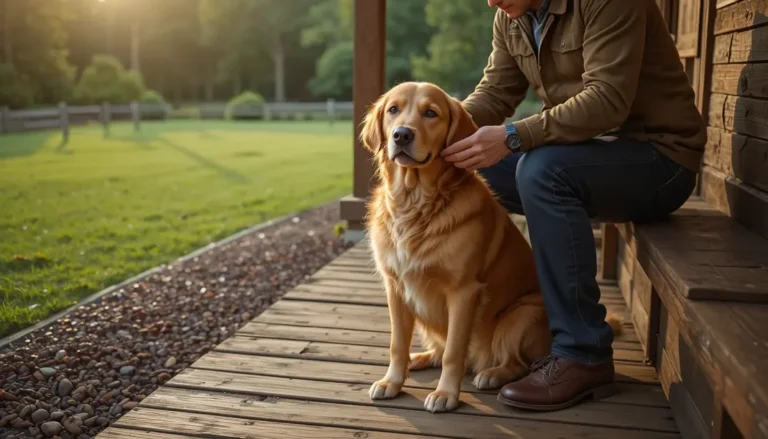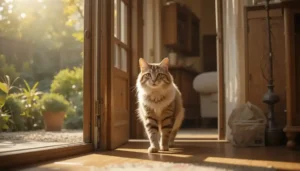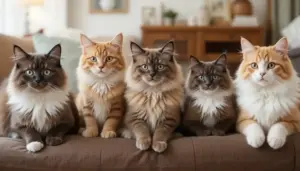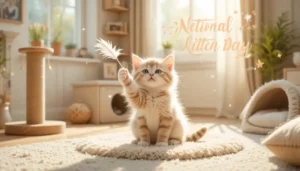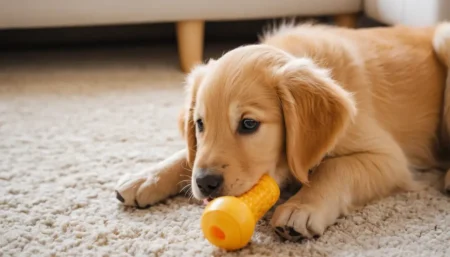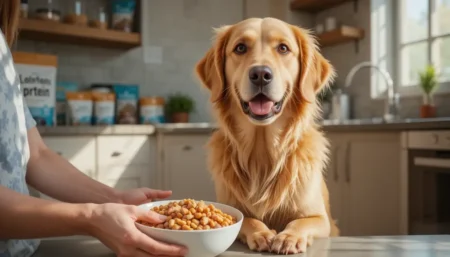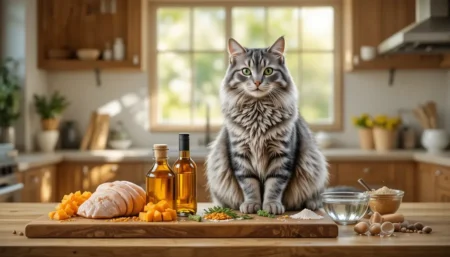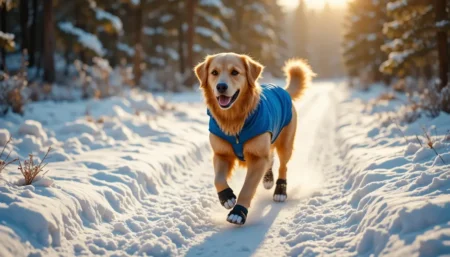Lifestyle & Enrichment
Winter weather creates unique challenges for keeping pets physically active. Cold temperatures, icy surfaces, and…
AI-Enhanced Tools
Free Dog Care Tools
Access our collection of helpful calculators and assessment tools designed to support your dog's health, training, and overall wellbeing with practical, personalized insights.
Dog Calorie Calculator
Calculate your dog's daily caloric needs based on age, weight, and activity level.
Use CalculatorDog Breed Selector Tool
Find the perfect dog breed for your lifestyle with our interactive assessment tool.
Find Your BreedDog Learning Style Tool
Identify your dog's unique learning preferences to optimize training effectiveness.
Assess Learning StyleDog Training Style Tool
Discover the most effective training approach based on your dog's personality and temperament.
Find Training Style

